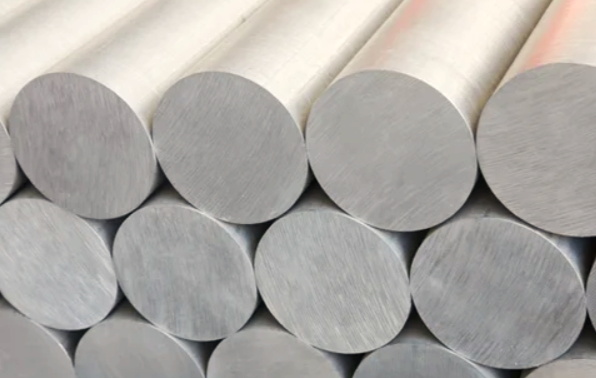

The US and UK have implemented fresh limitations on trading Russian aluminium, copper, and nickel, causing ripples throughout global metal markets, as reported by Bloomberg.

New regulations have been imposed, barring the delivery of fresh supplies from Russia to the London Metal Exchange (LME) and the Chicago Mercantile Exchange (CME). These restrictions encompass copper, nickel, and aluminium manufactured on or after April 13. The United States is also enforcing a ban on Russian imports of these three metals.
Despite these measures, Russia is likely to be able to sell its metals, as the sanctions do not impede non-US individuals and entities from purchasing Russian copper, nickel, or aluminium. While the LME holds significant influence in setting global prices, most metal transactions occur directly between miners, traders, and manufacturers, bypassing LME warehouses entirely. Notably, since 2022, there has been a notable increase in Russian metal sales to China, as some Western buyers have sought alternative suppliers.
The global leader in business and financial information, Bloomberg, reported that the newly imposed restrictions are poised to significantly impact prices within the London Metal Exchange (LME), a pivotal benchmark in numerous contracts worldwide. Over recent months, the abundance of Russian metal has exerted downward pressure on LME prices, especially in the case of aluminium, leading to non-Russian supplies commanding a premium.
Moreover, these sanctions will likely dampen traders' enthusiasm for dealing with Russian metal, given the perceived importance of LME deliverability. Certain contracts even stipulate that they become void if the metal loses its LME-deliverable status.
Consequently, Russian metal is anticipated to trade at a widening discount compared to other sources, thereby diminishing Russia's revenue. All the while, Russian metals are still entering the global market and circumventing the full impact of comprehensive sanctions on critical raw materials. 2022 Russian metals exports amounted to $25 billion, followed by $15 billion in 2023.
“We will reduce Russia’s earnings while protecting our partners and allies from unwanted spillover effects,” US Treasury Secretary Janet Yellen said in a joint statement with her UK counterpart, Jeremy Hunt, who added that the move “will prevent the Kremlin funnelling more cash into its war machine.”
The LME announced in a notice that it would guide the effects of the new restrictions by 11 a.m. on Sunday. A spokesperson for the CME stated that they are also assessing the announcements and will inform about any influence on their markets.
Russia is a significant producer of three key metals, contributing approximately 6 per cent of global nickel production, 5 per cent of aluminium, and 4 per cent of copper. However, its presence on the London Metal Exchange (LME) is disproportionately larger. By the end of March, Russian metal constituted 36 per cent of nickel, 62 per cent of copper, and a staggering 91 per cent of aluminium in LME warehouses.



Responses






